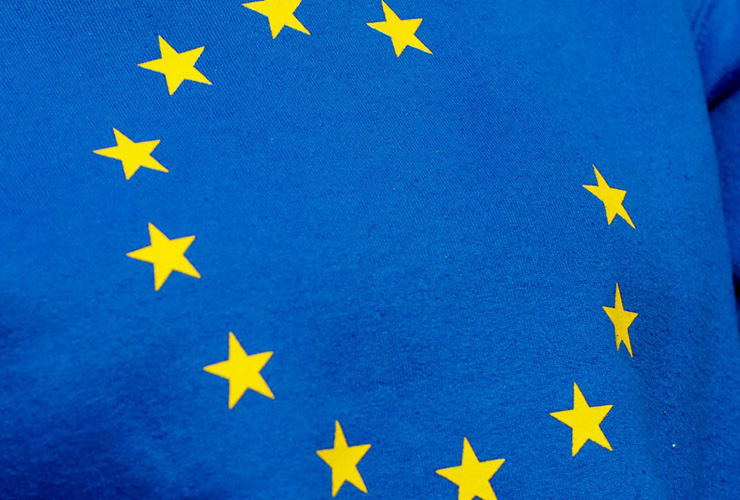On Friday, September 16, the European Commission (EC) adopted a European Media Freedom Act which includes a set of new rules for protecting media pluralism and independence in the European Union, according to the official statement published by the European institution.
The document has been discussed in the community space for a long while, and 17 international media organizations, including the International Press Institute, the Baltic Centre for Media Excellence, the European Centre for Press and Media Freedom, the Global Forum for Media Development, etc., have contributed their own ideas and suggestions for its development.
Vice-President for Values and Transparency, Věra Jourová, who presented the document to the Commission declared: “We have seen over the past years various forms of pressure on the media. It is high time to act. We need to establish clear principles: no journalist should be spied on because of their job; no public media should be turned into propaganda channel. This is what we are proposing today for the first time ever: common safeguards to protect media freedom and pluralism in the EU.”
In his turn, Thierry Breton, Commissioner for the Internal Market, added: “The EU is the world’s largest democratic single market. Media companies play a vital role but are confronted with falling revenues, threats to media freedom and pluralism, the emergence of very large online platforms, and a patchwork of different national rules. The European Media Freedom Act provides common safeguards at EU level to guarantee a plurality of voices and that our media are able to operate without any interference, be it private or public. A new European watchdog will promote the effective application of these new media freedom rules and screen media concentrations so they do not hamper plurality.”
The Commission proposes to set up a new independent European Board for Media Services comprised of national mass media authorities. The new structure will promote the effective and consistent application of the EU media law framework, in particular by assisting the Commission in preparing guidelines on media regulatory matters. It will also be able to issue opinions on national measures and decisions affecting media markets and media market concentrations.
Particular attention is also paid to the independent public service media institutions. Thus, they should have adequate and stable funding to ensure editorial independence. The director and the board of the public institution shall have to be appointed in a transparent, open, and non-discriminatory way. Public service providers shall guarantee pluralism of information and opinions and act impartially, in compliance with their public service mission.
At the same time, the legislation stipulates new requirements for allocation of state advertising to the media in a transparent and non-discriminatory manner. In addition, increasing transparency and objectivity of audience assessment systems, which have an impact on media advertising income, especially online, is desirable.
With regard to online media, the document includes guarantees against unjustified deletion of media content produced in compliance with professional standards. In cases which do not involve systemic risks, such as, for instance, disinformation, very large online platforms intending to delete certain legal media content which, in their opinion, contradicts their policies will have to inform media service providers of the reasons of deletion. Any complaint filed by media service providers will be examined on a priority basis by the respective platforms.
After being adopted by the European Commission, the project is to be examined by the European Parliament and the member states during an ordinary legislative procedure to become applicable in the entire European Union, according to the EC press release.
